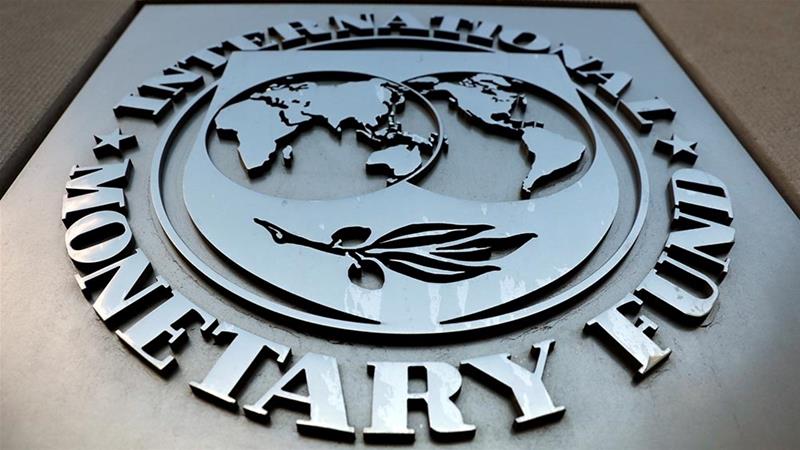Reforms In Nigeria Not Working, IMF Report Hints
The latest outlook report of the International Monetary Fund, IMF, for sub-Sahara Africa has indicated that the broad-based economic reforms embarked upon by the current federal government are still struggling for a positive impact, 18 months after commencement.
The IMF report actually mentioned Nigeria as one of the countries that have been unable to tame inflation.
She stated: ‘‘Inflation is still in double digits in almost one-third of countries, including Angola, Ethiopia, and Nigeria, and above target in almost half of the region, particularly where monetary policy is not anchored by exchange rate pegs’’.
Patillo further said that exchange rate was improving across most countries in the region. She stated: ‘‘Looking further at exchange rates, we do see that foreign exchange pressures have largely abated since the end of 2023’’.
But Nigeria has recorded the worse exchange rate instability and local currency depreciation so far this year.
The IMF report also highlighted the impact of debt burden on fiscal stability listing Nigeria amongst the suffering countries.
It stated: ‘‘Debt service capacity remains low by historical standards. In almost one-quarter of countries, interest payments exceed 20 percent of revenues, a threshold statistically associated with a high probability of fiscal stress. And rising debt service burdens are already having a significant impact on the resources available for development spending.
‘‘The median ratio of interest payments to revenues (excluding grants) currently stands at 12 percent. Some three-quarters have already witnessed an increase in interest payments (relative to revenue) since the early 2010s (comparing the 2010–14 average with the 2019–24 average). In Angola, Ghana, Nigeria, and Zambia, this increase in interest payments alone absorbed a massive 15 percent of total revenue’’.
Outlook
Looking into the near future, the IMF report painted a picture of mixed fortune for the region but it grouped Nigeria amongst those that are still on the downside being one of the resource-intensive countries in the region. It also hinted that economic reforms and adjustments in Nigeria are faced with social and political resistance.
It stated: ‘‘Resource-intensive countries (RICs) continue to grow at about half the rate of the rest of the region, with oil exporters struggling the most.
“Second, both domestic and external financing conditions remain tight. Third, the region has recently witnessed several episodes of political fragility and social unrest. Political and social pressures are making it increasingly challenging to implement policy adjustments and reforms’’.
While removing Nigeria from the list of good news the IMF report stated: ”Significant increases are anticipated in Ghana, as it continues reestablishing macroeconomic stability; Botswana and Senegal, reflecting rising resource exports (diamonds, oil, and gas); and Malawi, Zambia, and Zimbabwe, as they recover from drought. Growth is also expected to improve in South Africa, given positive post-election sentiment and a reduction in power outages’’.
While listing Nigeria amongst those countries with what it called ‘‘adjustment fatigue’’, the IMF report made some recommendations for addressing the challenges, stating: ‘‘In the face of popular frustration, there is also an opportunity to work to mobilize support for large, deep reforms, of the sort that, for instance, Ethiopia, Ghana, Kenya, and Nigeria are pursuing.
‘‘Realizing this opportunity requires rethinking reform strategies, to build and maintain pro-growth coalitions among constituent leaders and the general public. This will require greater attention to communication and engagement strategies, reform design, compensatory measures, and rebuilding trust in public institutions’’.





